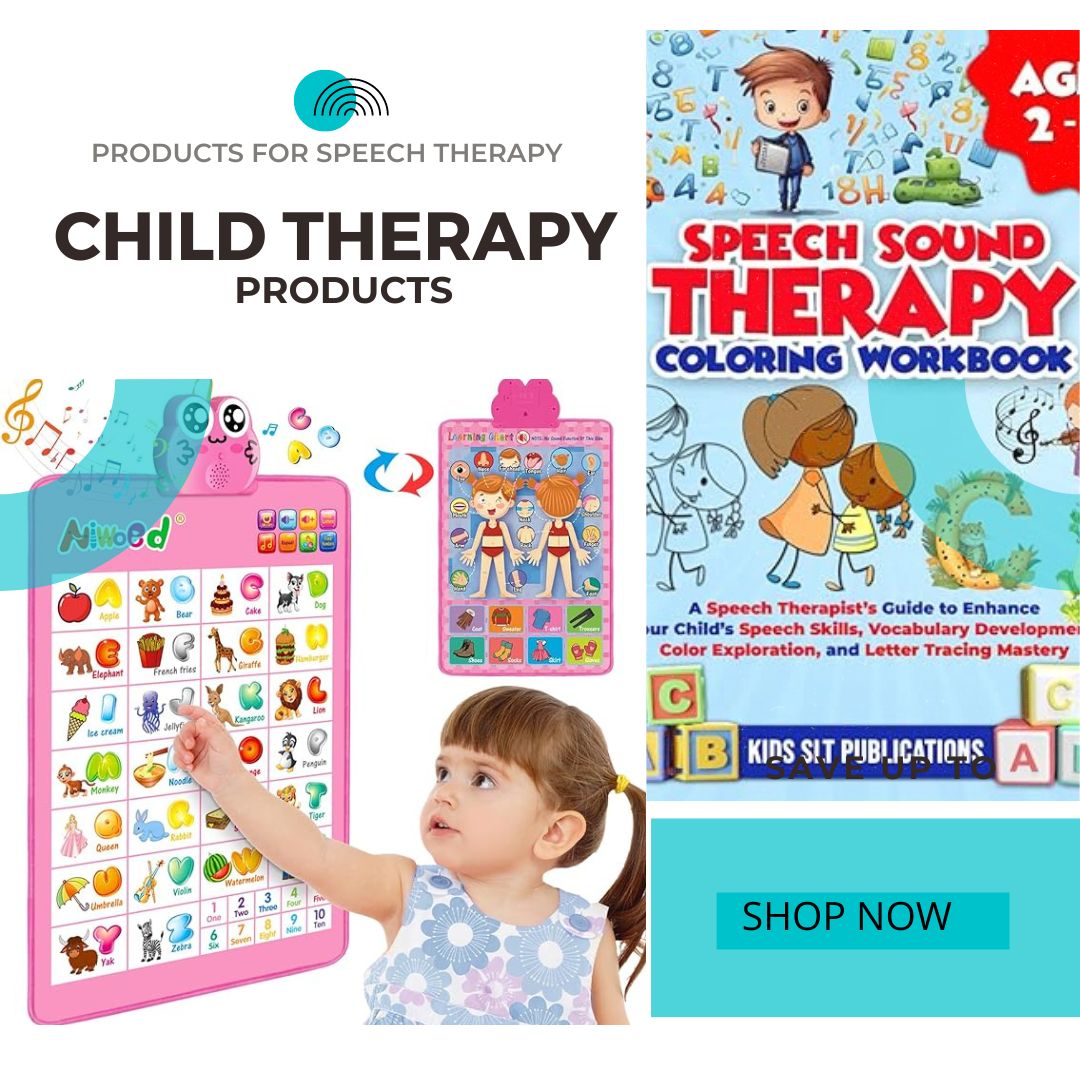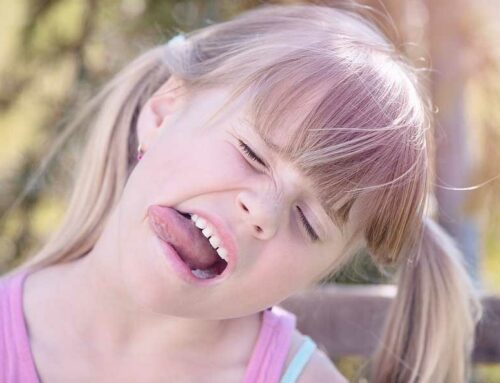Music therapy for speech delay is the one of the perfect solutions which can improve the speech delivering process and it is best for those who suffer with this disorder. Being a sufferer you can feel confident while giving speeches in the public or discussing with others on live platform.
Music therapy is not only a means of entertainment but it also provides many therapeutic benefits. This way a child understands towards speech and language. It is a method in which music is used to treat psychological, physical, emotional, and social problems. It is very beneficial especially for children with language disabilities.
What is music therapy
Music therapy in speech delay is a type of therapy that uses music to address physical, emotional, cognitive, and social needs of individuals. In the context of speech therapy, the music therapy helps in proper movement of mouth and tongue that improve the speech delivery.
This technique is used by many speech and language pathologists and now considered as one of the best tools that help individuals with speech and language disorders, such as stuttering or stimming.
It can be an effective treatment for individuals with speech and language disorders because it can engage and motivate them, provide a structured and enjoyable context for language practice, and allow for nonverbal communication. Music therapy can be used in a variety of settings, including schools, hospitals, and private therapy practices, and can be effective for individuals of all ages.
While music therapy can be a valuable tool for improving language skills and communication in individuals with speech and language disorders, it is most effective when used in conjunction with other therapies and interventions, such as speech-language therapy and occupational therapy.
What is speech delay condition
Speech delay, also known as expressive language disorder, is a condition in which an individual (child, adult) has difficulty pronouncing certain syllables incorrectly.
It is a condition in which a child’s language and speech skills do not develop according to age. This means that the child’s language and speech development is slower than other children of his age.
Some of the symptoms of language delay are as follows:
- The child does not speak any words by the age of 12 months
- Only a few words by the age of 18 months
- Cannot form two-word sentences by the age of 24 months
- Difficulty understanding what other people say
- Cannot use words and sentences appropriately according to age
Speech delay can have many causes such as – hearing problems, autism spectrum disorder, mental retardation, reduced oral-motor skills, family history, etc. If this condition is not detected in time, then with the growing age of the child it can have a serious impact on language and communication skills.
It is therefore important that parents keep an eye on their child’s language and speech development and consult an experienced therapist in case of any concerns.
Speech delay can be reduced with the help of music therapy. It is the best tool for treating speech delay or related problems as this therapy method has shown definite positive results.
How Music therapy for Speech Delay Works
Music therapy is a very effective method for children with language delay. It helps children develop language and speech skills through songs, poems and musical activities. Singing and speaking motivates children to repeat words and pronounce them correctly, which improves their language abilities.
The harmony and rhythm of music attracts children’s attention and increases their listening and concentration abilities, which is extremely important for language development. The repetition of songs and poems also increases children’s recall ability, which helps them understand and remember words and sentences better.
Check these Speech therapy songs lists
There are more the 80 songs. These songs will help to understand what is right way to pronounce a word or phrase. You can watch and learn every word and phrase and gain confidence. Also, musical activities involve singing, speaking and physical movements that improve children’s oral-motor skills i.e. mouth and body mobility. This also improves their speech.
During music therapy, children start believing in their language and speech abilities, which increases their confidence and they try to speak more. Often music therapy is done in groups, which also develops children’s social interaction and ability to communicate with other children.
Thus, music therapy provides children with an entertaining and engaging medium through which they can have fun while learning language and speech skills. It is an excellent complementary treatment method to ensure better language development.
Final Words
Music therapy can be an effective treatment for individuals with speech delay of all ages, from young children to adults. It can be used in a variety of settings, including schools, hospitals, and private therapy practices.
While music therapy can be a valuable tool for improving language skills and communication in individuals with speech delay, it is important to note that it is not a standalone treatment. It is most effective when used in conjunction with other therapies and interventions, such as speech-language therapy and occupational therapy.
Overall, music therapy is a promising and effective treatment option for individuals with speech delay. By using the power of music to engage, motivate, and provide structured practice, it can help individuals to improve language skills, communication, and overall quality of life.




